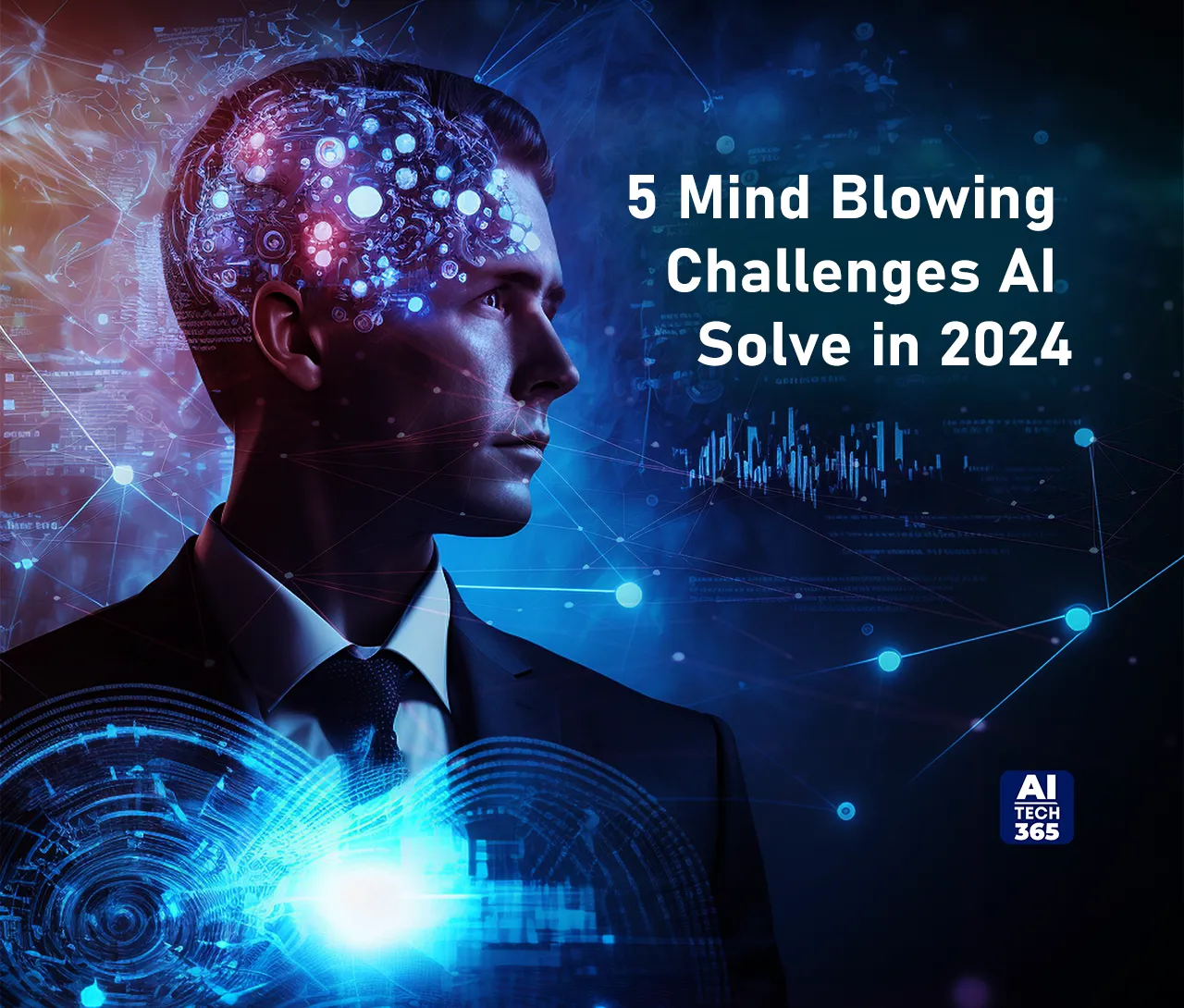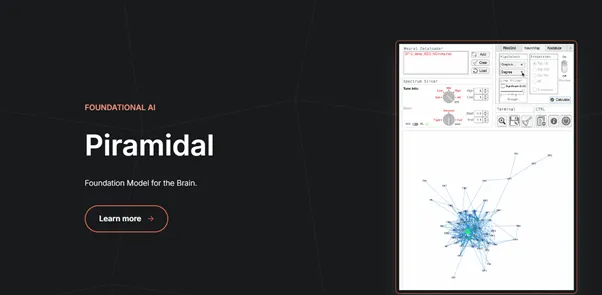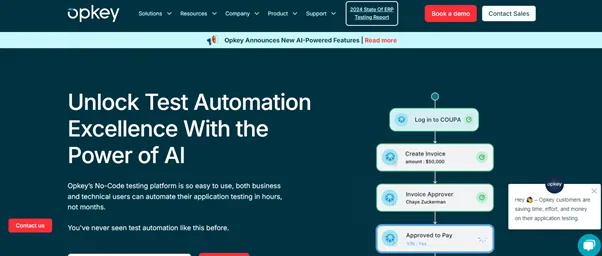McKinsey’s global report found that the AI adoption rate jumped to 72% in 2024. Recent forecasts suggest that AI-focused stocks could surpass NVIDIA in 3 years. This is a massive for artificial intelligence.
People are turning to AI to tackle everything from major, complex challenges to everyday tasks like writing an email. Not to mention humanoid robots shouldering many repeated and boring tasks. Read on to learn what are the biggest challenges that AI is solving right now. Some might blow your mind.
5 Mind Blowing Challenges AI Solve in 2024
1. Fraud Activities
AI and machine learning are important in combating various types of fraud. By analyzing historical patterns, these technologies can detect CEO fraud, false invoices, payment fraud, and more, responding in real time to sophisticated fraud attempts.
AI enhances fraud prevention through cyber defense and identity theft solutions by addressing issues like account takeovers and synthetic theft, where real and fabricated details are merged to create fake identities.
Additionally, machine learning helps prevent ID document forgery by scanning and identifying counterfeit documents. Payment fraud, encompassing card theft and counterfeit activities, is also managed by AI, which protects against phishing and illegitimate charges.
Furthermore, AI improves email security by distinguishing between fraudulent and genuine messages through advanced filters and detects fake accounts on social media by analyzing engagement patterns and user activity.
2. Brainwave Monitoring
Piramidals ai is making waves with its groundbreaking foundation model for brainwaves, poised to revolutionize the field of electroencephalograms (EEGs). Their innovative approach aims to significantly enhance the accuracy and effectiveness of brainwave monitoring.
By leveraging advanced AI techniques, Piramidals is paving the way for more precise brain-computer interfaces and new insights into cognitive and neurological health.
This advancement holds the potential to transform how we interact with and understand the human brain, showcasing the impactful role of AI in improving human well-being.
3. Enterprise Resource Planning (ERP)
Opkey is revolutionizing enterprise resource planning (ERP) with its AI-driven testing platform, recently raising $47 million in funding.

This innovative platform leverages artificial intelligence to streamline and enhance ERP testing processes, ensuring greater efficiency and accuracy.
By automating testing tasks, Opkey significantly reduces the time and cost associated with ERP implementations and updates. Their technology not only simplifies complex testing procedures but also improves reliability, making it a valuable tool for businesses looking to optimize their ERP systems and operational workflows.
Also Read: The Impact of artificial intelligence (AI) on Intellectual Property (IP)
4. Healthcare
Healthcare is fundamental to human well-being and happiness, making it one of the most crucial industries globally. Artificial Intelligence (AI) is playing an increasingly pivotal role in transforming healthcare by addressing various challenges and enhancing the efficiency of medical processes.
AI excels at processing and analyzing vast amounts of data quickly, which helps researchers and healthcare professionals focus more on critical tasks rather than data management. By refining large datasets in record time, AI accelerates the pace of medical research and enables more precise insights.
One of AI’s significant contributions is in medical diagnostics and treatment. AI algorithms can analyze patient data and medical records to assist in diagnosing diseases more accurately and swiftly.
In 2019, DeepMind’s health team joined forces with Google Health to develop tools that help care teams and improve patient outcomes. Google Health is using AI to make strides in diagnosing lung cancer, screening for breast cancer, predicting patient outcomes, preventing blindness, and more.
5. Hiring and Recruitment
AI is transforming hiring by making resume screening and candidate assessment much more efficient. HR departments often face a flood of resumes, but AI tools can quickly narrow down the list to find the most relevant candidates, saving time and improving accuracy.
For example, Testlify is an AI-powered recruitment tool that automates candidate testing, helping HR professionals focus on interviews and other important tasks. Predictive analytics also plays a key role by analyzing hiring trends and patterns, allowing HR to generate useful reports and understand which candidate traits are linked to successful hires.
Final Takeaway
AI can solve a lot of problems, some of which have been highlighted throughout this discussion. As technology advances, AI has the potential to replace entirely mundane tasks, allowing individuals to focus on more strategic and creative aspects of their work.
For instance, in industries such as material handling, AI-powered systems can optimize inventory management, predict maintenance needs, and enhance operational efficiency. Moreover, AI can assist in data analysis, providing insights that drive informed decision-making and improve productivity.
By automating repetitive tasks and streamlining processes, AI not only saves time but also reduces the risk of human error. As we continue to embrace these technological advancements, it is essential to leverage AI tools thoughtfully, ensuring they complement human skills and expertise while fostering innovation and growth across various sectors.
Ultimately, the integration of AI into our workflows can lead to a more efficient, productive, and creative future.


